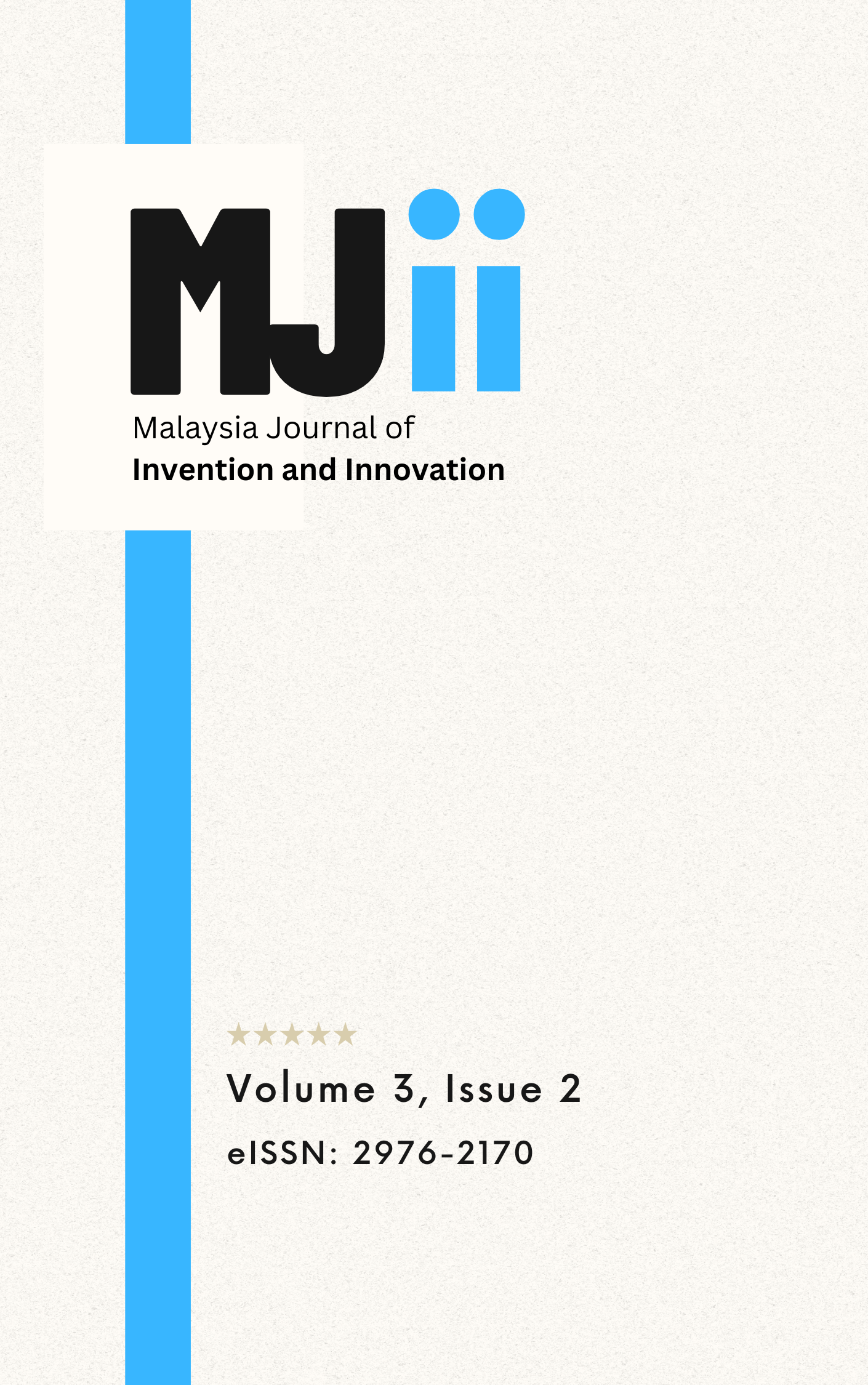Advancements in Fuel Cell Technology for Electric Vehicles
DOI:
https://doi.org/10.64382/mjii.v3i2.63Keywords:
Electric Vehicles (EV), Fuel Cell Electric Vehicles (FCEVs), Battery Electric Vehicles (BEVs).Abstract
The field of electric vehicles (EVs) has seen significant advancements, particularly in the realm of fuel cell technology. This abstract explores the recent progress in fuel cell technology for EVs, focusing on the improvements in efficiency, durability, and cost-effectiveness. The primary challenge for EVs is to match the convenience and performance of traditional combustion engines while minimizing environmental impact. Battery Electric Vehicles (BEVs) face issues with long charging times and limited range, whereas Fuel Cell Electric Vehicles (FCEVs) have historically been hindered by high costs, low durability, and an underdeveloped hydrogen refueling infrastructure. Recent advancements in fuel cell technology have led to significant improvements in system efficiency, durability, and cost reduction. Innovations in catalysts and membrane electrode assemblies have enhanced the electrochemical conversion efficiency, while novel materials and manufacturing techniques have extended the lifespan and reduced the costs of fuel cells. The enhanced performance of fuel cells has resulted in EVs with longer ranges and refueling times comparable to conventional vehicles. This has a profound impact on the feasibility of EVs for a broader range of applications, including heavy-duty transportation and long-distance travel. The advancements in fuel cell technology have lowered the barriers to commercialization. With increased efficiency and reduced costs, FCEVs are becoming more competitive with both BEVs and traditional vehicles. The growing network of hydrogen refueling stations further supports the commercial viability of FCEVs. The recent advancements in fuel cell technology have addressed critical challenges in the EV industry, offering a solution that combines environmental benefits with performance and convenience. As the technology continues to mature and the infrastructure expands, FCEVs are poised to play a pivotal role in the transition to sustainable transportation, promising a cleaner future with reduced reliance on fossil fuels.
Downloads
Published
Issue
Section
License
Copyright (c) 2023 Mohammad Fikrey Roslan, Rafidah Abd Karim, Siti Hasanah Osman

This work is licensed under a Creative Commons Attribution 4.0 International License.
The authors of MJII retain copyright to the content of the articles.
The content is published under the Creative Commons Attribution (CC BY) 4.0 which allows content to be copied, adapted, displayed, distributed, republished, or otherwise re-used for any purpose, including for adaptation and commercial use provided the content is attributed without any restriction.
Authors Rights
The Journal grants you the following non-exclusive rights, subject to giving propoer acknowledgement to the original journal. The authors may:
(i) to reprint or reproduce the contribution, in whole or in part, in any publication of your interest.
(ii) to use material for teaching purposes; including availability of the matarial in academic course.
(iii) to post a copy of the contribution on your personal or institutional web server, provided that the server is non-commercial and there are no charges for access, and
(iv) to deposit a copy of the contribution in a non-commercial data repository maintained by an institution of which you are a member.
Author's Agreement
Author(s) guarantee the journal the following:
(i) that the contribution is their original work;
(ii) that it contains, no matter what, content that is defamatory or is otherwise unlawful or which invades rights of privacy or publicity or infringes any proprietary rights (including copyright);
(iii) that the contribution has not been published elsewhere in whole or in part and that no agreement to publish is outstanding other than this agreement. Author(s) agree to be responsible and hold the journal, its editors, staff and affiliate organizations harmless against any claims arising from or related to the breach or inaccuracy of any of the guarantees listed above.
Disclaimer
The editorial team of the MJII and the publication team of Academica Press Solutions share no responsibility regarding the views and opinions expressed by the authors.
The content published in MJII is Open Access and can be shared, adapted, reproduced, reprinted, after appropriate acknowledgment and giving due credit to the author(s) work.


